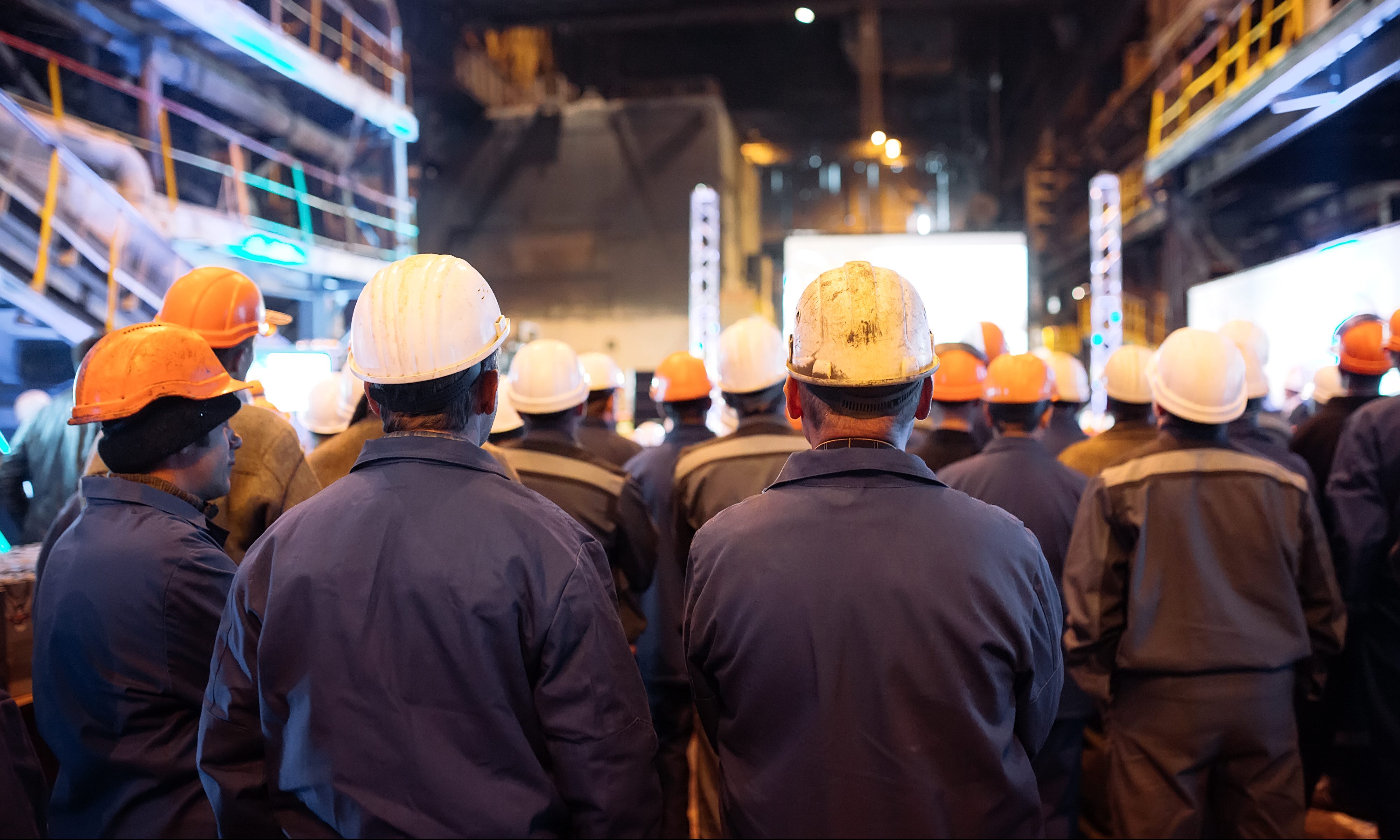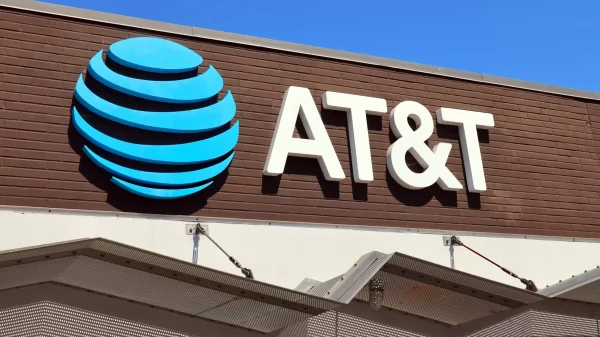There has always been one aspect of unionization efforts that confused me: Why do workers – particularly those who vote against unionizing – think the company is fighting so hard against the union?
Because make no mistake, the companies fight very, very hard against unionization.
Amazon, for example, brought in as many as 30 “employee relations specialists” to lead meetings with workers in its Bessemer plant. They held frequent meetings with employees. They pushed propaganda against unions. And they always – ALWAYS – touted the company’s benefits and pay scale.
In fact, one of Amazon’s biggest talking points over the last year-plus, as it attempted to ward off a union, was that there is no need for the union, because employees are already treated so well.
Which, again, if I were an Amazon employee, would cause me to ponder exactly why this company is fighting so hard. I mean, if the union wouldn’t really change anything and the company is already doing all of the things a union would force, what’s the big deal, right?
Why is this super-wealthy company spending millions of dollars to fight something it’s already doing?
We know the answer.
And I fear it’s an answer the employees in that Bessemer plant are going to learn the hard way. Because Amazon’s efforts here seem to have been successful in convincing employees to vote against their longterm interests.
There are still challenged ballots to be counted – and the majority of those will be pro-union – but the “no” votes currently have a substantial edge.
Meanwhile, Amazon workers at another large facility in Staten Island appear to have approved the union.
And we all know what’s coming now.
Over the next several years, the workers at that Staten Island facility will slowly start to see better benefits, better pay, a reduction in hours, fewer firings for petty issues, better training and advancement opportunities and a safer work environment.
That’s not a guess.
Nationally, according to figures from the Bureau of Labor Statistics, union employees make nearly 20 percent more than non-union workers. They have better benefits and advance faster within the company. They also often receive specialized training provided by the union that allows them to advance in their company, or to carry that training to another company.
Essentially, unionization forces companies to invest in its workers. And it pushes workers to invest in their jobs.
Neither of those is a bad thing.
Just prior to the union vote, a nationwide survey placed Alabama at the top of states with employees earning less than $15 per hour. This is not a secret to our state leaders, who routinely pitch Alabama’s “cheap labor force” as an attractive attribute when attempting to lure companies to the state.
Those same state leaders have fought hard against unions. And many, while keeping their boots on the necks of workers, have personally benefited from their actions that aided the company’s bottom line (they call such actions “pro-business”).
But here we are, in a state where a large percentage of workers are living paycheck to paycheck – many of them working two or three jobs to get by – and watching the pay gap between executives and workers grow daily.
There is no incentive, outside of unionization, that will push companies to fix the structure that incentivizes profits over all else and looks favorably upon a business that uses excess profits to reward investors instead of employees.
Just the other day, a letter from an Applebee’s executive was leaked on social media, and it detailed perfectly the corporate mindset towards employees. Essentially, the executive predicted that the high gas prices could be beneficial, forcing employees back into service jobs and allowing Applebee’s to lower its pay and cut benefits because they would be desperate. The contents of the letter made it pretty clear that executives were well aware that their employees were being forced to work multiple jobs and were struggling.
These people will puff out their chests and explain to you that it’s not their job to care. That the goal is to make money. And I suppose that’s true enough.
Which is why the success of their anti-union rhetoric is so baffling to me. We can see the statistics on worker pay stagnation. We can see the way basic benefits have been eroded. We can see how a family of four that used to survive very well on the pay of one gainfully employed household member is now struggling to survive with two people working multiple jobs.
We can see companies taking in billions of dollars in profits and tax breaks, and instead of investing in employees, using the money to make stock buybacks and executive bonuses.
Don’t get it twisted. These companies are not evil. They are simply playing the game the way that most benefits them – just the way they’re supposed to.
I just wish that the workers – from Amazon workers to public school teachers and every clock-puncher in between – would start doing the same.























































